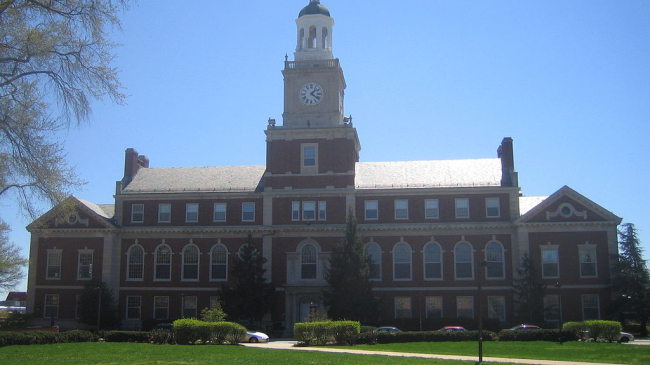Equisha’s recent paper “Detection of recent regional sea surface temperature warming in the Caribbean and surrounding region offsite link,” originally published in Geophysical Research Letters, was featured as a Research Spotlight offsite link in the November issue of Earth and Space News. Research Spotlights summarize the findings of selected high-impact papers in the earth and space science community. She is a research fellow with NOAA CREST and was awarded a NOAA Graduate Research and Training Scholarship in 2015.

Equisha always had a strong interest in STEM subjects, but was inspired to switch her focus from biology to environmental engineering by a television program which featured engineers finding innovative solutions to environmental problems. As part of her Master’s degree in Sustainability at City College of New York, Equisha took part in an interdisciplinary research project studying lakes in the Dominican Republic. Equisha was part of a team investigating sea surface temperature (SST), climate and weather trends, as well as land use changes, to understand changes in the size of lakes. She discovered that SST was warming at a faster rate in that region than the rest of the Caribbean. Continuing in her analysis of SST changes in the Caribbean, Equisha began a second Master’s degree at CCNY in Earth Systems Science and Environmental Engineering in 2014.
Equisha completed an internship with NOAA NESDIS at the NOAA Center for Weather and Climate Prediction (NCEP) in College Park in 2013. During her internship, she analyzed sea surface temperature (SST) for the Caribbean and surrounding regions using a new NOAA SST data product. She produced a time series plot and map of the 30-year average SST (spatial average) for the Caribbean and surrounding region, which she used in her recent publication. Equisha will be returning to NCEP in summer 2016 to continue her project, modeling precipitation variation and atmospheric and climate patterns for the whole Caribbean. The Caribbean is an understudied region, but its climate influences weather patterns and precipitation in neighboring regions, including the United States.
In the future, Equisha hopes to travel and consult for engineering projects related to water resources. She has also enjoyed working on projects related to New York City’s water resources. Her favorite parts about environmental engineering are becoming an expert in her research area and having the opportunity to work on a diversity of projects.
Equisha Glenn earned her B.S in Biology from York College and her B.E. in Earth Systems Science and Environmental Engineering from the City College of the City University of New York, with funding from NOAA CREST. Glenn has since earned a Master’s degree in Sustainability, and is currently in her final semester as a Master’s student in Earth Systems Science and Environmental Engineering. Equisha is part of the Coastal Urban Environmental Research Group, under the mentorship of Dr. Jorge González (CCNY) and Thomas Smith (NOAA NESDIS). Equisha will begin pursuing her Ph.D. in Civil Engineering in fall 2016.



